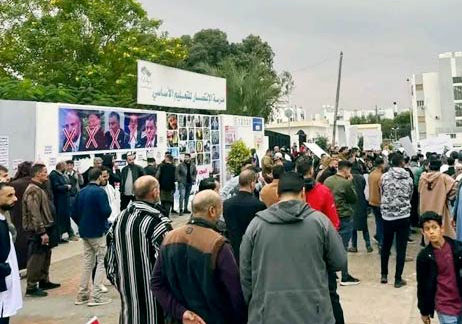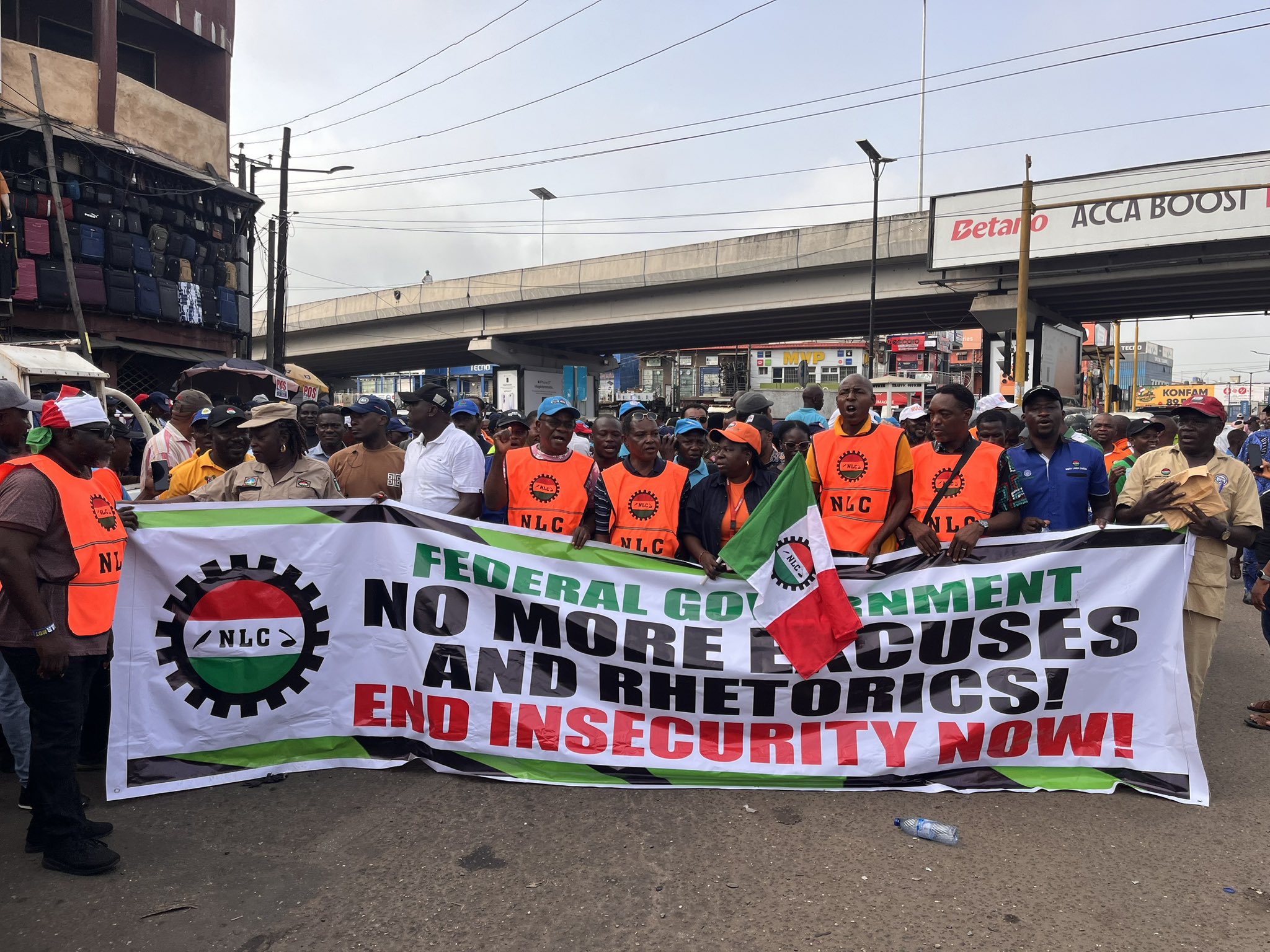
As the local economy is not diversified, there is a dependency on product imports. Inflation, in general, is high in EM countries, and because imported goods need to be paid for in foreign currency, the exchange rate becomes a major factor in determining the local price. To try and reduce the impact of inflation, the local currency exchange rate is set by the government rather than on the international financial markets – countries in the Middle East tend to peg their currency against the US Dollar.
One of the most interesting phenomena – which is actually more common than one realises – in EM countries, is the existence of a black market. Their existence means that local exchange bureaus provide better currency exchange rates than the banks. Local entrepreneurs prefer using these service providers due to the better returns, but they are not always properly regulated, which leads to higher rates of money laundering, and being able to determine the source of funds is often a significant risk. Our experience is that Western banks are not in favour of working with exchange bureaus, due to the fact that they are part of the total value chain and are responsible for meeting the required compliance standards. Exchange bureaus that operate in the black market do not satisfy these standards, therefore putting Western banks at serious risk.
Even though the government influences the exchange rate in some EM countries, it does not always mean that there is no direct relation with the international financial markets. These financial markets will value the country’s economic health and determine an exchange rate against other currencies. This means that depending on the state of the local economy the government will need to depreciate or appreciate the exchange rate accordingly.
This piece was written by Kees Lakerveld co-founder of our partners 2FX Treasury, and is taken from our 5 day series on:
‘Transaction banking in the Middle East and Africa’
What to expect tomorrow:
Day 5 (Tomorrow) – Investor protection policies
Previous articles:
Day 1 – Transaction Banking in the Middle East and Africa
Day 2 – Local Market Structure
Day 3 – Liquidity
Who are 2FX Treasury?
Specialists in international banking and payments, co-founders Kees Lakerveld and René Schilder are able to advise businesses on how to optimise payments and trade finance to/from Emerging Markets. They work in partnership with Menas Associates to provide a one-stop solution for clients facing political and financial risks in countries such as Nigeria, Iran and Egypt.



